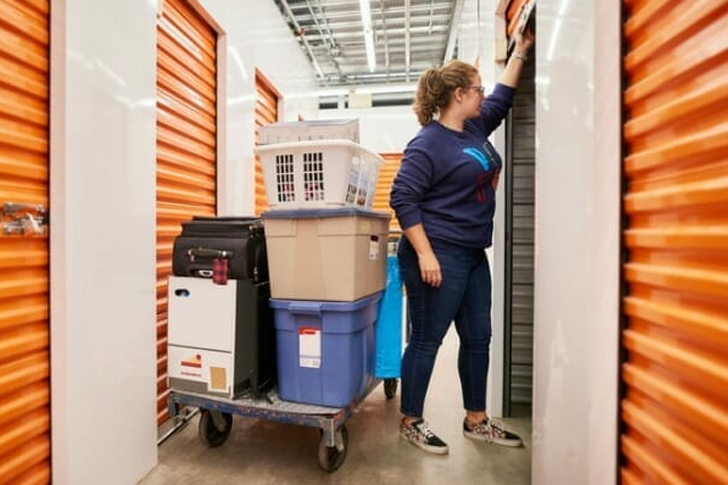A Senior’s Guide to Finding Cost-Effective Storage Solutions
Finding affordable storage solutions is essential for seniors who are downsizing, moving to assisted living facilities, or simply aiming to declutter their homes to embrace a more minimalist lifestyle. Securing a storage unit at an economical price can greatly alleviate the financial and emotional stresses that often accompany these life changes. In this article, we’ll explore practical strategies to help seniors find cost-effective storage options, highlighting special discounts, optimal times for renting, and best practices for selecting the appropriate size and type of unit.

Understand Your Needs
Before searching for a storage unit, it’s important to assess exactly what your storage needs are. Consider the items you plan to store. Are they bulky? Do they require a climate-controlled environment? How much space will you need, and for how long do you anticipate needing the storage? Evaluating your needs can prevent you from paying for space you don’t use or features you don’t need.
Take Advantage of Senior Discounts
Many storage facilities offer discounts for seniors, typically for individuals who are 55 or older. These discounts can range from 5% to 15% off the regular storage unit price. It is always worthwhile to ask the facility directly if they offer a senior discount, as this may not be widely advertised.
Choose the Right Time to Rent
The demand for storage units typically fluctuates throughout the year, with peaks often occurring during the summer months when many people are moving or renovating. Renting a unit during the off-peak seasons—typically late fall and winter—can result in better deals and more negotiating power.
Look for Promotions
Storage facilities often run promotions, especially during low-demand periods. These can include offers such as “first month free” or “first month for $1”. Keep an eye out for these deals, but be sure to read the fine print to understand when the promotion ends and the full rental price kicks in.
Compare Costs and Services
Shop around and compare the prices and services of various storage facilities in your area. Don’t just look at the price but consider the facility’s security features, accessibility, location, and customer reviews. Sometimes, spending a bit more on a facility that is closer to home and offers better security can be more cost-effective in the long term.
Use Online Resources
Websites like SpareFoot and SelfStorage.com allow you to compare the sizes, prices, and promotions of storage units within a certain radius of your location. These resources can save time and provide a broader view of your options before you start visiting locations personally.
Consider Mobile Storage Units
Mobile storage units, also known as portable storage, can be a convenient and sometimes cheaper option. Companies like PODS or 1-800-PACK-RAT deliver a storage container to your home. You fill it at your convenience, then they pick it up and store it in a facility, or move it to a new location. This eliminates the need for moving trucks or multiple trips to a storage facility.
Share a Unit
If your storage needs are modest, consider sharing a unit with a friend or family member. This can cut costs significantly. Make sure to set clear rules and understandings to prevent any misunderstandings.
Opt for Outdoor Units
If you do not have temperature-sensitive items, consider renting an outdoor unit instead of an indoor one. Outdoor units, which are typically drive-up garages, are often cheaper than indoor units.
Negotiate the Rent
Even in storage renting, there’s often room for negotiation. Don’t be afraid to ask if the price listed is the best they can offer, especially if you are planning a longer rental term. Facilities prefer having long-term, reliable tenants, so they might offer a better rate for a longer commitment.
By following these strategies, seniors can find storage solutions that are not only affordable but also suitable for their unique needs. It’s all about planning, researching, and asking the right questions.







Recent Comments